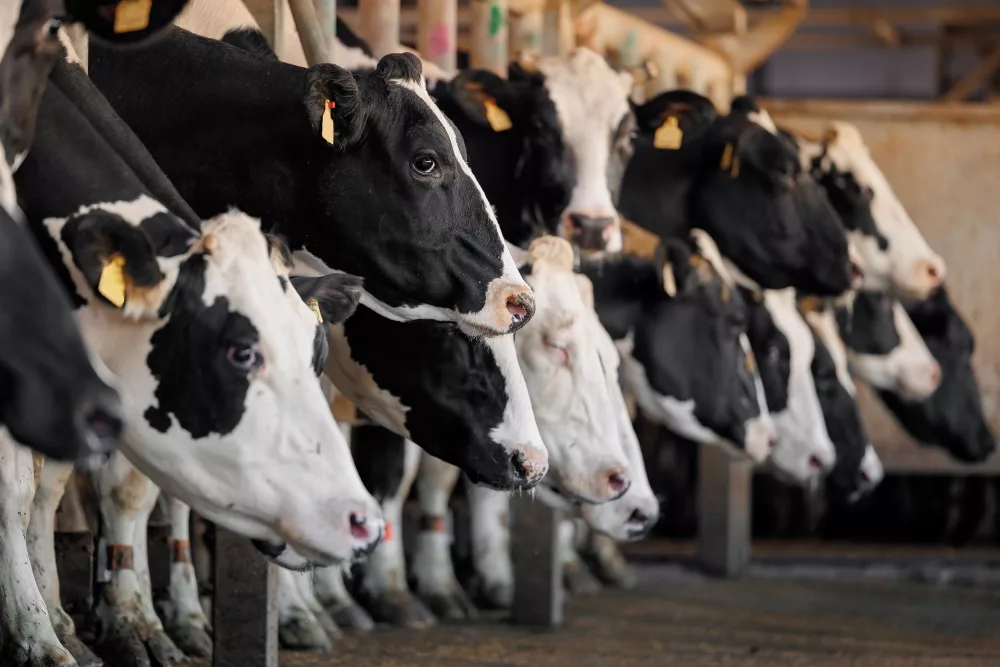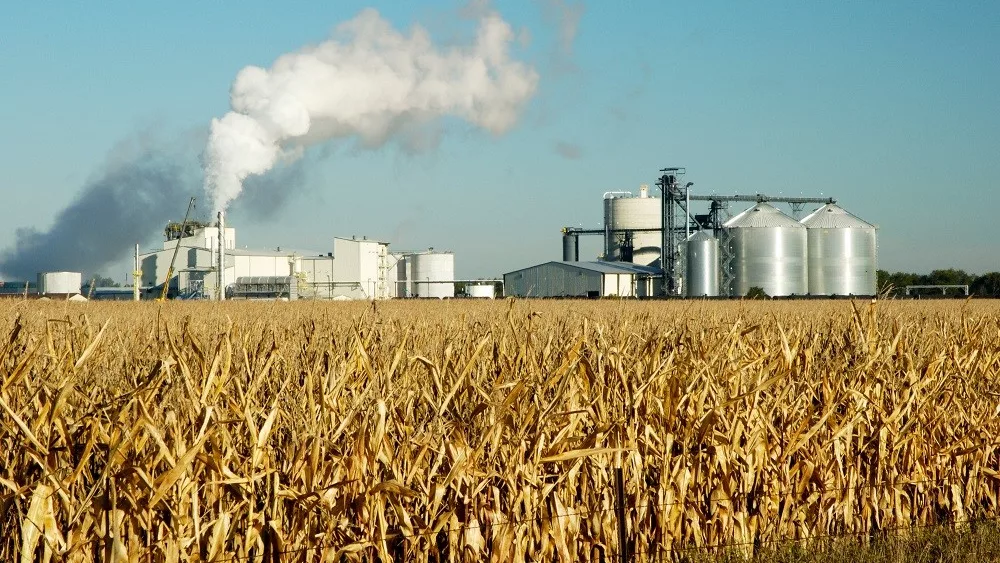
The Plant Health section of the Michigan Department of Agriculture and Rural Development’s (MDARD) Pesticide and Plant Pest Management Division (PPPM) has started to conduct industrial hemp grower inspections for 2021 in accordance with Public Act 220 of 2020, the Industrial Hemp Growers Act, as amended. MDARD is required to conduct inspections to verify hemp is grown in compliance with the Act. Approximately 50 percent of randomly selected registered growers will be inspected each year.
This is the first year under the state’s Hemp Production Plan and the United States Department of Agriculture’s (USDA) final rule regarding hemp production. MDARD aims to provide growers with some information on what to expect during a hemp grower inspection. This new type of inspection will be a learning experience for both MDARD’s inspectors and hemp growers. It is a great opportunity to ask questions and learn about Michigan’s regulatory requirements for the hemp industry.
What happens during an inspection?
Hemp inspections will always be conducted with the grower or their representative present. Inspectors will be contacting registered growers in advance of the inspection to schedule a date and determine the status of hemp crops.
The inspector will conduct a field visit during the inspection, visiting each growing site, along with an “office” visit where paperwork and recordkeeping items will be reviewed. If your growing locations are dispersed across the state, other PPPM inspectors may assist with verifying those locations.
Inspectors will be reviewing the following items and related notification, timeframe, and recordkeeping requirements:
- Grower registration application information and growing locations
- Processing activities
- Pre-harvest sampling and harvesting
- Growing location posting
- Sales records
- Propagative material purchase records
- Variety recordkeeping
- Crop acreage reporting to USDA’s Farm Service Agency
- Disposal of non-compliant lots
- Remediation of non-compliant lots
Even if the grower has not yet participated in some of these activities, such as harvesting or remediation, the inspector will review requirements so that when the time comes, the grower has a better understanding of the process. The inspection report is designed to provide you with information about deficient items needing to be corrected as well as list ALL the requirements for hemp growers, along with notations for specific parts of the Act that can be referenced for clarification.
What happens when deficiencies are identified?
Any time a “no” answer is entered on the report, a deficiency was identified and will be explained further by the inspector in the “Comments” area on the report. The grower is issued a statement to “Cease and Desist” the violative activity. The inspector will provide the grower an opportunity to respond by a specific deadline on how deficiencies were corrected.
Public Act 220 reflects USDA requirements and standard PPPM actions regarding enforcement. A simple cease and desist order or warning letter may be the only enforcement actions issued, if any. Other violations may be considered “negligent,” and MDARD must issue a notice about the violation and a corrective action plan requiring the grower to provide updates regarding compliance for at least two years. Other enforcement options are discussed in the Act, such as administrative fine, license suspension, program ineligibility, or prosecution, and use of these options will depend on the violations found, history of violations, severity, and similar factors. However, MDARD is dedicated to providing compliance assistance first and foremost, especially as the hemp program is new and always evolving.
Resources and Questions
More information about industrial hemp law, including grower and processor requirements, can be found at www.Michigan.gov/HempLaws. In addition, documents detailing requirements for recordkeeping, posting, remediation, disposal, and Farm Service Agency reporting can be found under the Compliance Assistance Documents heading. Additional information about how to submit a site modification form to add additional growing locations to your application, request a pre-harvest or remediation sample, or provide notice about disposals can be found under the Forms heading.
You can also be put in touch with your district Plant Health Inspector by contacting MDARD’s call center at 800-292-3939. Email MDARD-IndustrialHemp@Michigan.gov with questions or contact MDARD’s Industrial Hemp Specialist Molly Mott at 248-521-0501.





